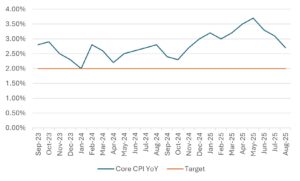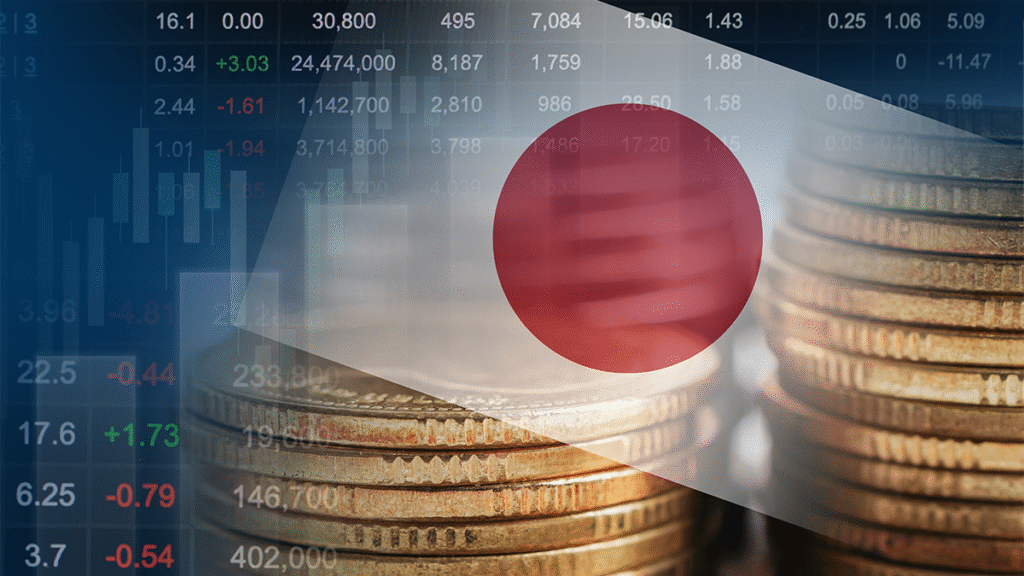The Bank of Japan sparked sharp market moves after unveiling plans to begin selling its massive $250 billion ETF holdings and revealing an unexpected split over interest rates.
While the central bank kept its policy rate at 0.5% as expected, two board members dissented in favour of a hike to 0.75%, a rare sign of growing internal pressure to tighten policy as core inflation, at 2.7% in August, has remained above the BoJ’s 2% target for three consecutive years.
The decision to unwind ETF holdings — about ¥330 billion in book value annually, or roughly ¥620 billion at market value — is the first step in reducing a position that at one point amounted to 7% of the total Japanese stock market, though at this pace the process could take decades.
Markets reacted swiftly: the Nikkei 225 swung from record highs in the morning to close down 0.6%, the yen strengthened against the dollar, and government bond yields rose as traders priced in a higher probability of a 0.25% rate hike by October or early 2025.
The announcement came against a backdrop of political uncertainty, with the ruling Liberal Democratic Party heading into a leadership contest after losing its parliamentary majority, while rising living costs and weak wage growth remain central issues shaping both policy and sentiment.



